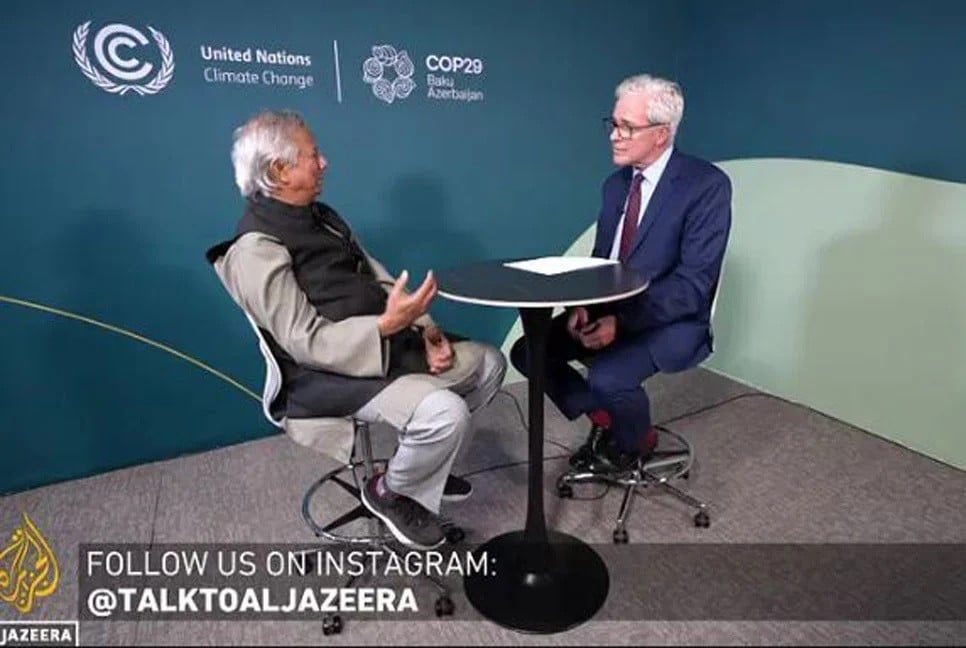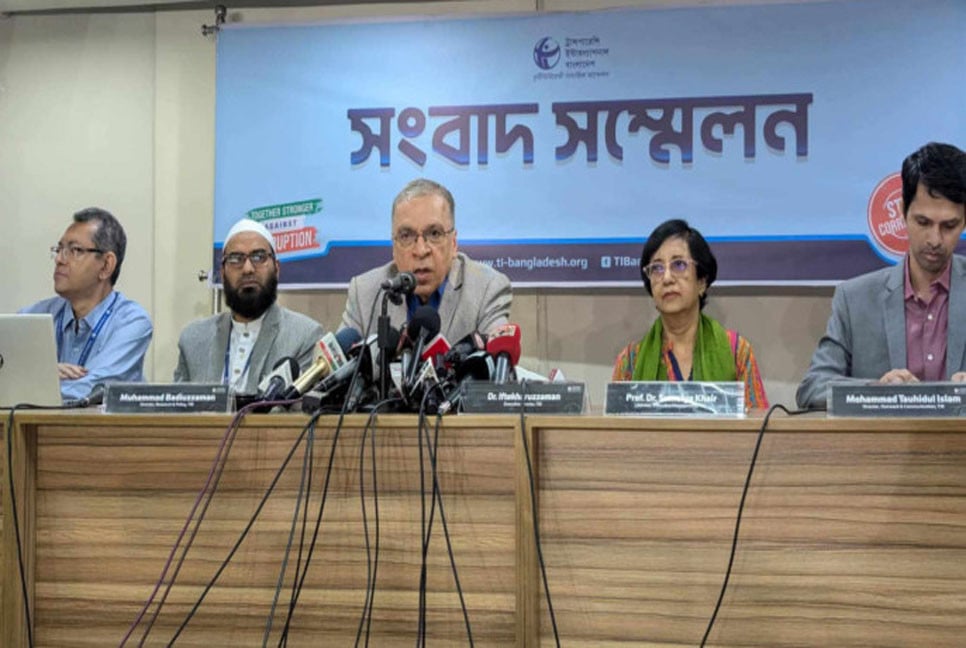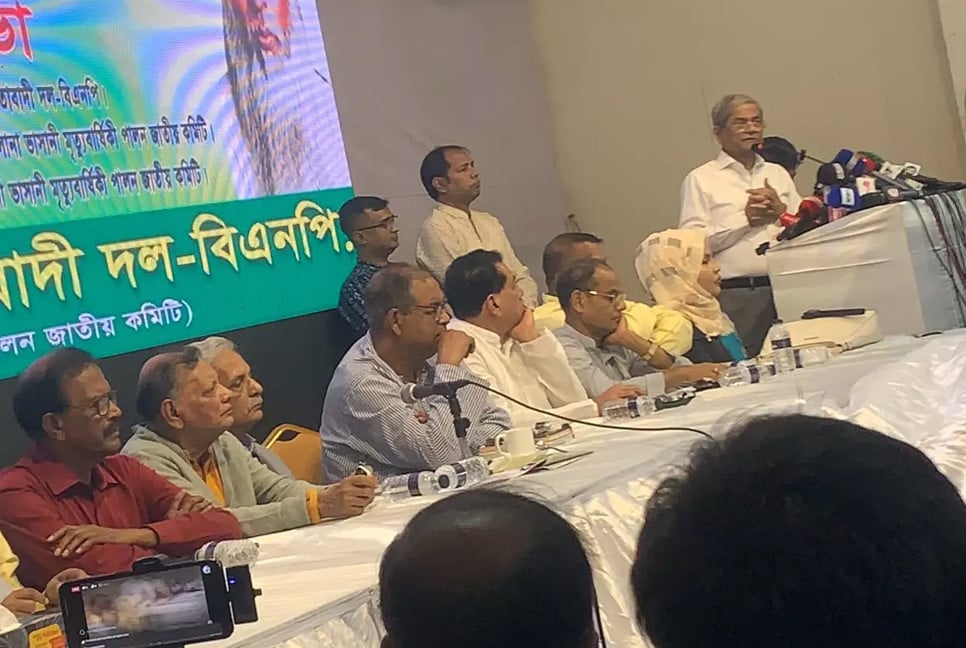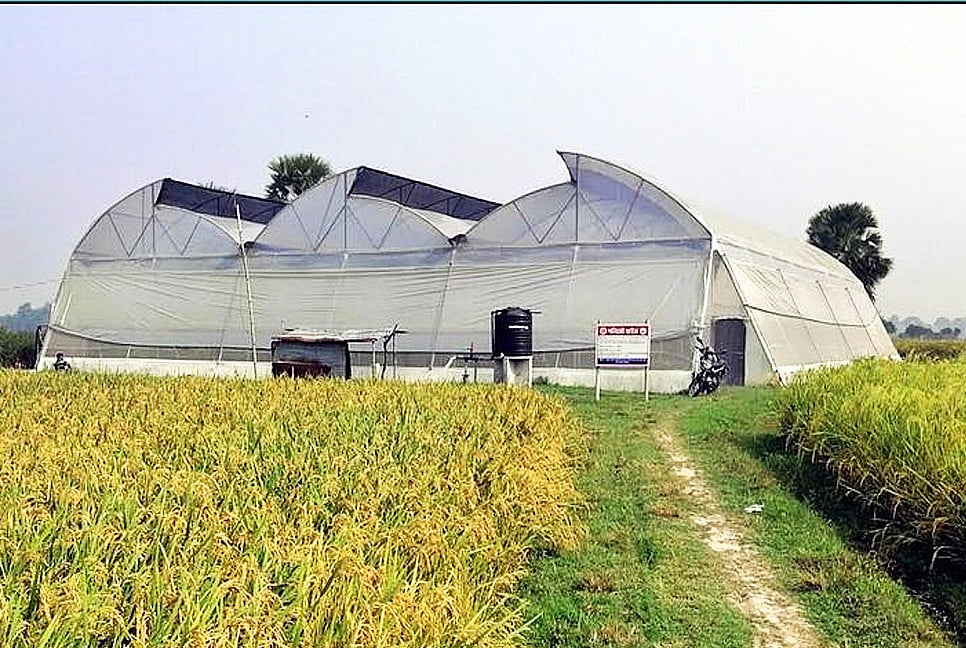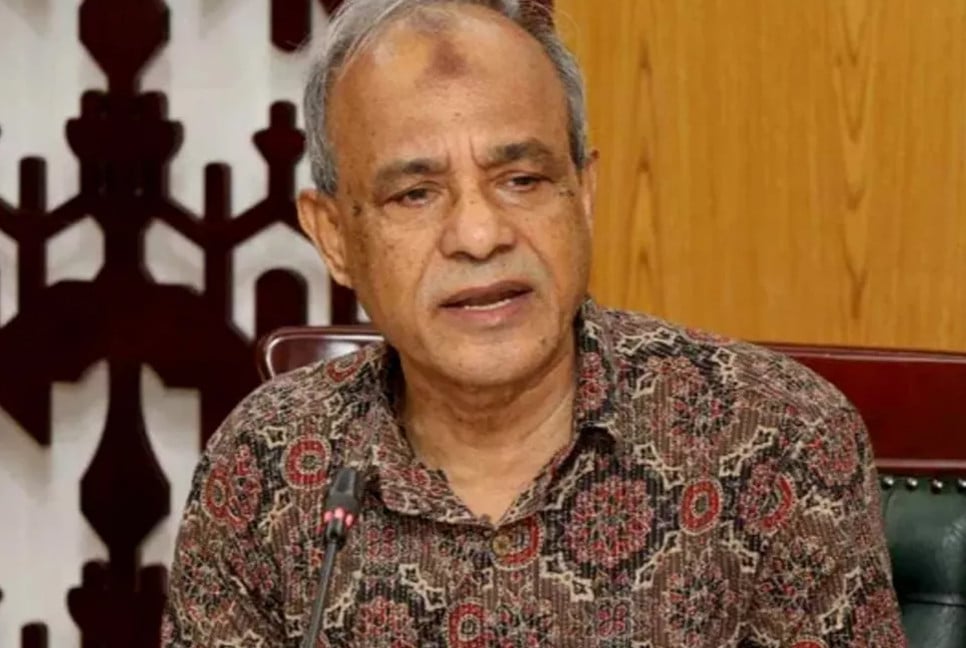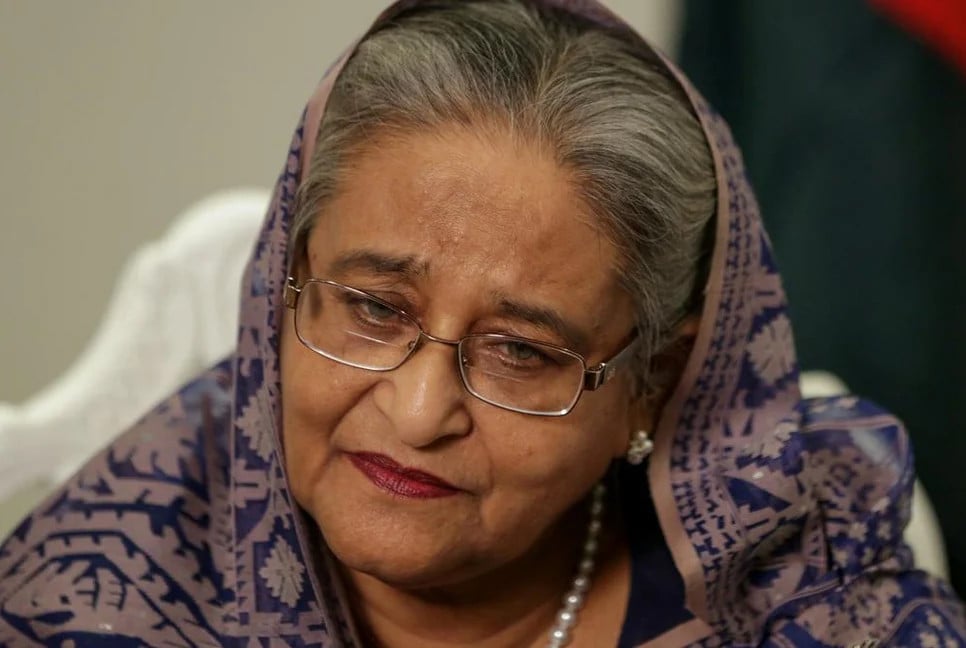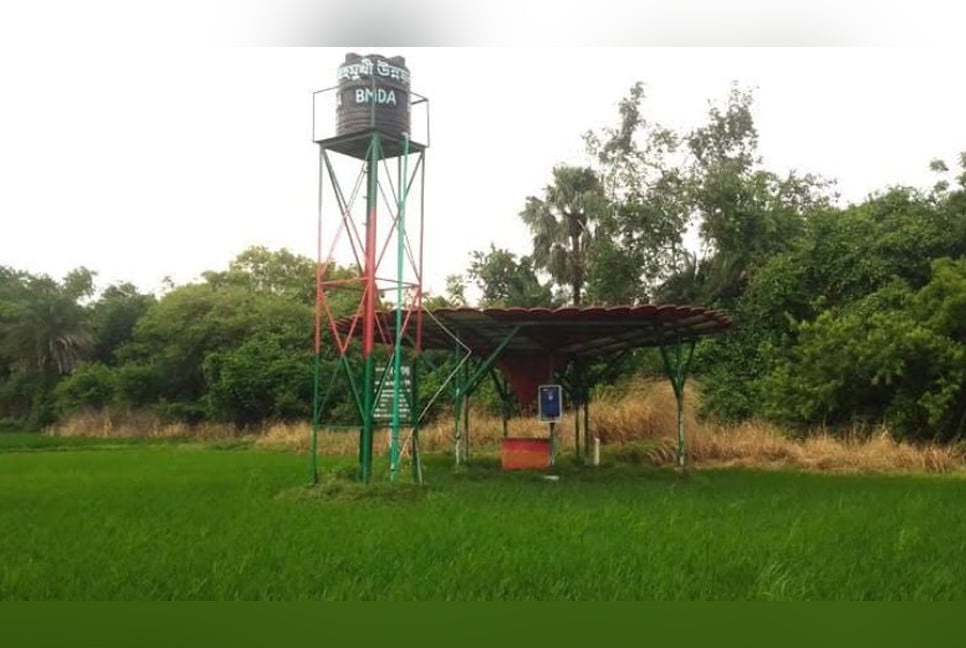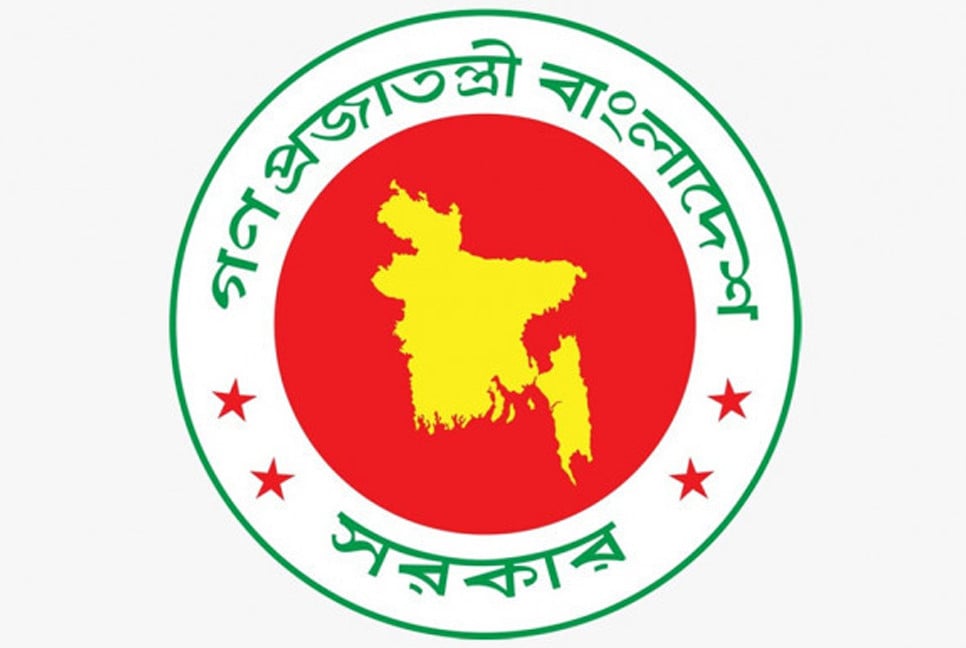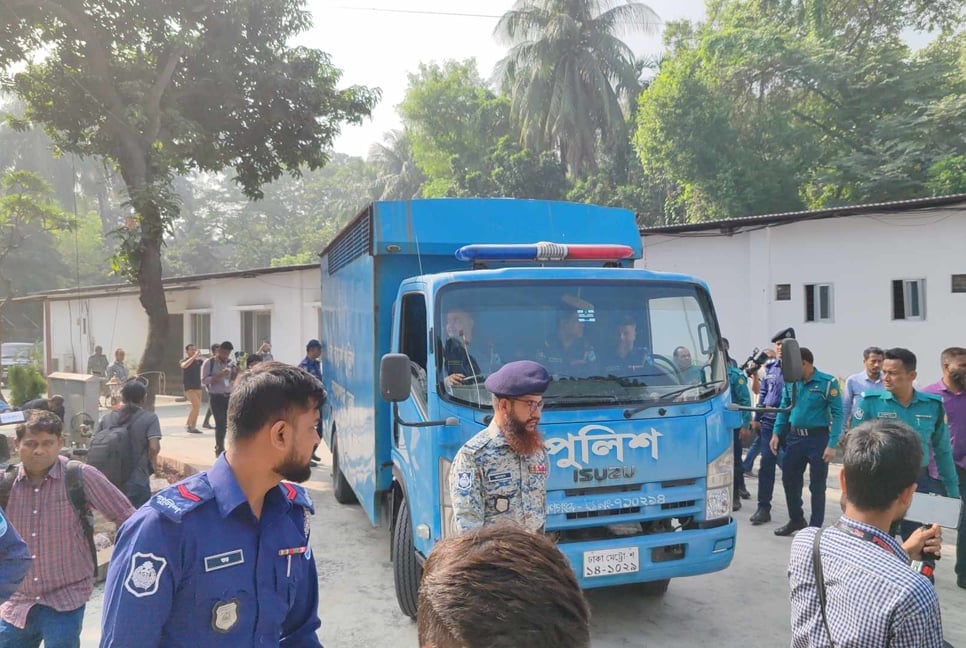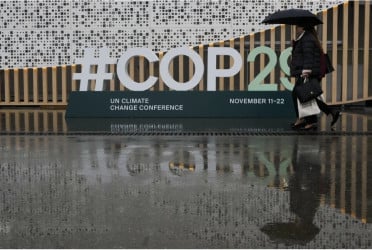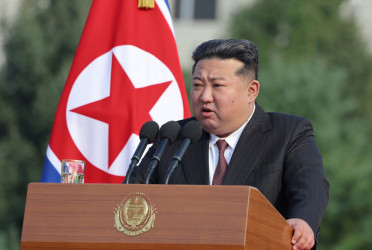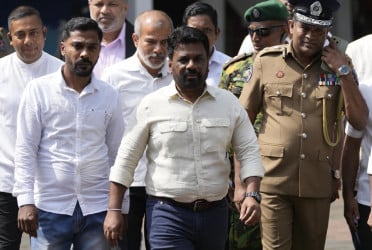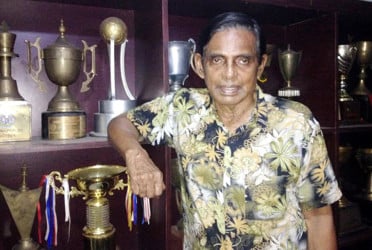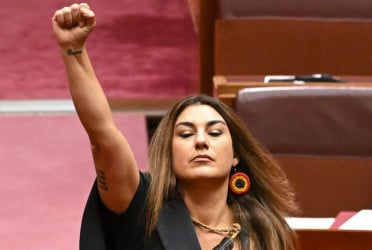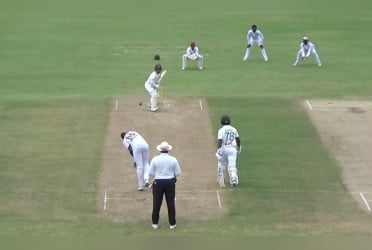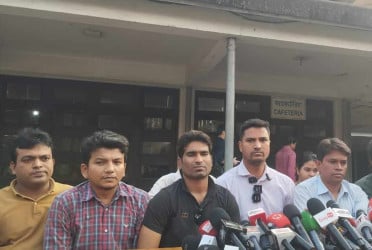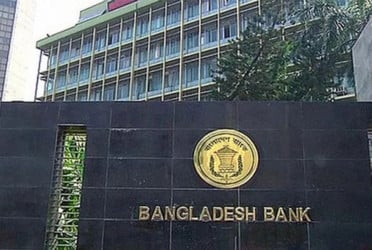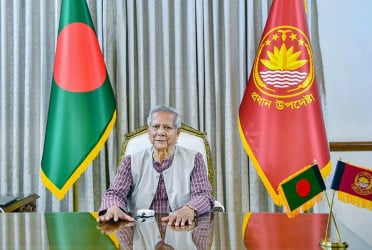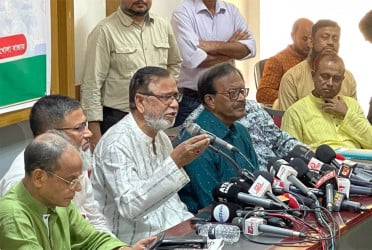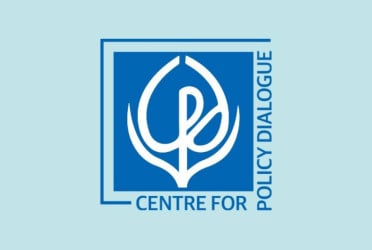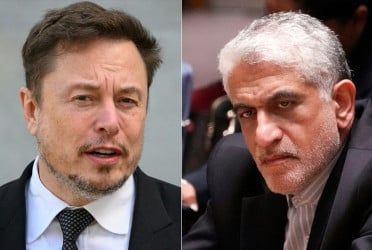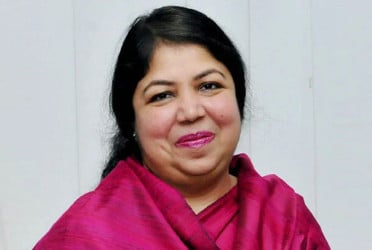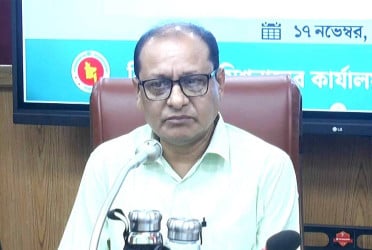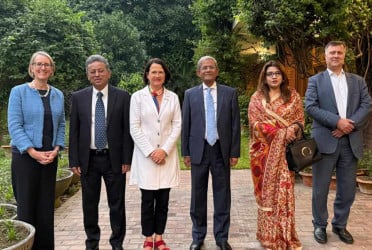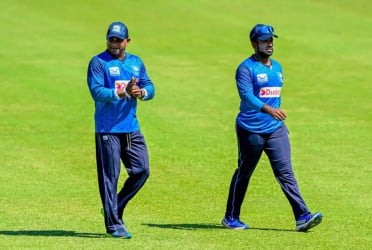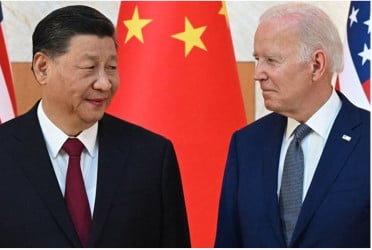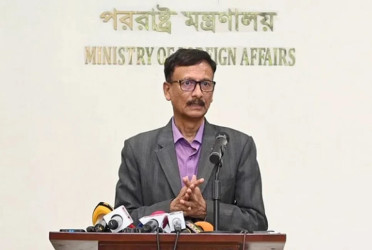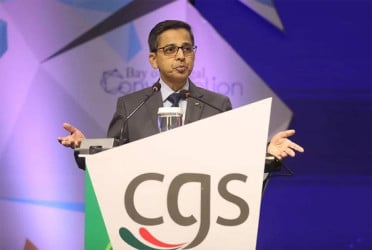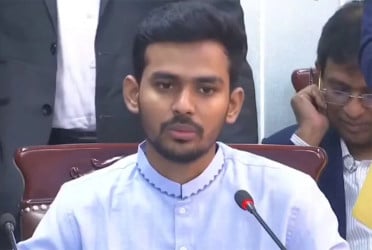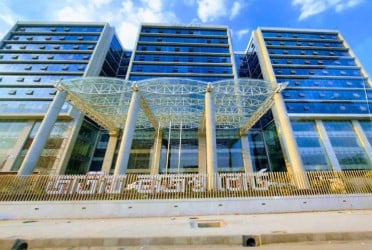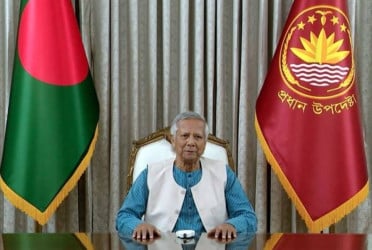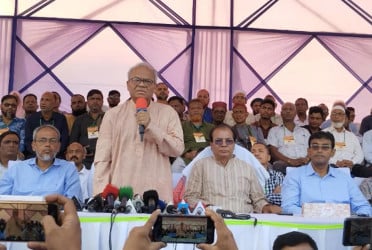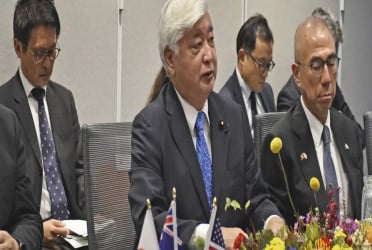After resigning as Prime Minister following the student uprising on August 5, Awami League President Sheikh Hasina fled to India. Her resignation led to the collapse of the Awami League government. In the wake of this political shift, an interim government was formed in Bangladesh on August 8, with Nobel Peace Prize-winning economist Dr. Muhammad Yunus appointed as Chief Advisor.
There is ongoing speculation about the duration of the interim government's tenure. In a recent interview with Al Jazeera, Dr. Muhammad Yunus, the Chief Advisor, addressed these uncertainties.
"The term of the interim government will be less than four years," Yunus said. "It could even be shorter."
Dr. Yunus gave the interview on the sidelines of the United Nations Climate Conference (COP29), which was recently held in Baku, Azerbaijan. The interview was aired by Al Jazeera on Sunday (Doha time).
In the interview, the Chief Advisor discussed the multiple crises Bangladesh is facing as a result of climate change. He also addressed the ongoing reform process in the country, the upcoming elections, evolving diplomatic relations, and the changing international landscape, including the relationship with newly elected U.S. President Donald Trump.
When asked Dr. Yunus about the appropriate timing for the next election in Bangladesh, the Chief Advisor responded, “I have no specific thoughts on that matter.”
When asked about the possible duration of the interim government, Dr. Muhammad Yunus explained, “We are an interim government, not a permanent one. A regular government serves for five years, and the new constitution may propose a four-year term, as people generally prefer shorter terms. Therefore, the term of the interim government should definitely be less than four years. The exact duration will depend on what the people and political parties want.”
He added, “If the political parties decide to move forward without focusing on reforms and simply hold elections, then that will happen.”
Regarding whether he would remain as the interim head of government for the full four years, Yunus clarified, “I never said it would be four years. That is the maximum possible term. However, our goal is not to extend it that long. We intend to finish our work as quickly as possible.”
The Chief Advisor discussed the ongoing reform program, emphasizing that the entire government system is being overhauled. He noted that there is a strong desire among the people for change, and reforms will be implemented across all sectors, including the constitution. Highlighting the work of various reform commissions, he explained that two processes are happening simultaneously: preparations for the elections and efforts to complete the necessary reforms.
“The whole country is calling for something new,” Dr. Muhammad Yunus said, adding that the vision for a "new Bangladesh" goes beyond just holding elections.
He stressed that no decisions are being imposed, stating, "We want to hear from the people of Bangladesh: Do you want to go to elections now, or do you want these reforms to be completed first?"
He concluded by emphasizing that all actions are being taken in consultation with the people and political parties, with their opinions guiding the process.
The issue of Sheikh Hasina’s stay in India was also raised during the interview.
In response to a question, Dr. Muhammad Yunus remarked that Sheikh Hasina is attempting to destabilize Bangladesh, and from her position in India, she has been calling for protests in Bangladesh. He stated that such actions are not beneficial for the country. "She may be sheltered there, but if these activities continue, there will be consequences," he added.
On November 10, the Awami League issued a statement marking Shaheed Noor Hossain Day, in which Sheikh Hasina was referred to as the "Prime Minister of Bangladesh."
Dr. Yunus responded to this, saying, "She can call herself whatever she likes, but that is not the reality. Even India refers to her as the former Prime Minister. Her own supporters, including her international patrons, do not acknowledge her as the current Prime Minister."
Regarding the possibility of Sheikh Hasina returning to Bangladesh, the Chief Advisor explained that the legal process is ongoing. If she is found guilty, steps will be taken to seek her return.
Finally, Dr. Yunus expressed his desire for better cooperation with India on managing shared river waters, emphasizing the need for collaborative efforts in this area.
He also stated that Bangladesh has been mired in corruption for the past 16 years. The government under his leadership is working to pull the country out of this situation and restore integrity.
Source: Al-Jazeera
Bd-pratidin English/ Jisan

